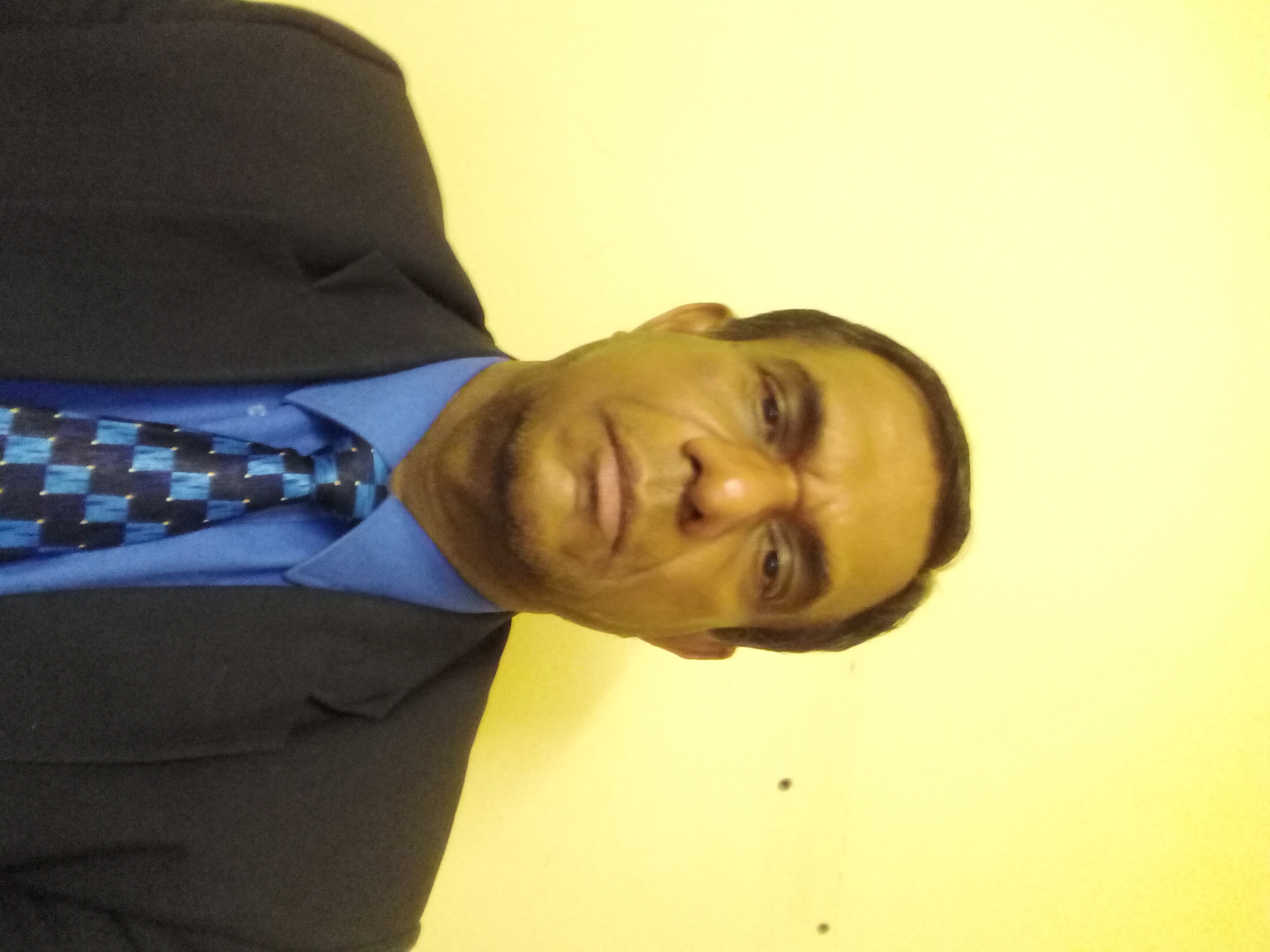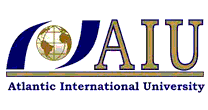Shantha Indrajith Hikkaduwa Liyanage
UD68996BMA78130
Doctor of Philosophy (Ph.D) in Management
Tutor: Iryna Ivashuk
The notion of knowledge and innovation produced in universities is co-evolving to contribute to the national economy over the last five decades. The literature does not adequately address the scope of green knowledge and innovation. However, the literature is rich concerning the structure of the production of green knowledge. Accordingly, the first revolution of the university system extended from teaching to teaching and the academic research. Since then, the research’s role grew as peer-reviewed basic/pure research but subjected to apparent weaknesses. One of them is that there is a delay in the application of knowledge. Hence, the Bayh-Dole Act of the USA in 1980 was enacted to remedy the delay by allowing public-funded universities to commercialize the findings (Patent rights) of their research. Later, many European and Asian countries adopted similar legislation (Grimaldi et al., 2011).
Gibbons et al. (1994) branded the conventional knowledge production with basic research as Mode 1 Innovation model. Mode 1 Innovation model is a linear model of innovation, namely, first the basic research is conducted, after that it is published, then those who read apply the findings of the research. Hence, They introduced the Mode 2 Innovation model to overcome pure research weaknesses, such as delay in the application and the inadequacy of the disciplinary knowledge for solving complex social problems, which demand interdisciplinary and transdisciplinary knowledge. In the same vein, Etzkowitz and Leydesdorff (2000) strengthened the notion of applied research by introducing the Triple Helix Model of Innovation (THM) to produce knowledge with the university, government, and the industry. Carayannis and Campbell (2009) expanded mode 2 to mode 3 and blended the top-down approach of THM by bottom-up approach introducing the media-based and culture-based public and the civil society as a fourth helix in their Quadruple Helix Model of Innovation. Finally, the Quintuple Helix Model of Innovation (QuinHM) appeared as the broadest and the superior model of innovation by including the natural environment of society (Carayannis and Campbell, 2010).
However, there is a dearth of literature for determining the scope of green knowledge and innovation produced with the above models. In particular, the applied research with the non-linear models of innovation such as mode 2 innovation model, mode 3 innovation model, THM, QHM, and QHM for sustainable development.
When evolving from conventional scope of knowledge and innovation to green knowledge and innovation, universities face several challenges such as isomorphism, legitimacy, institutional logic. Isomorphism is a constraining process that makes one university to resemble with other universities in the organizational field. Hence, Universities which are made of isolated disciplines such as medicine, engineering, social science, managerial science, are isomorphic. In other words, the conventional scope can only be modified legitimately. In this respect, two universal packages, the 2030 Agenda for 17 Sustainable Development Goals (SDGs) and the 2016 Paris Climate Agreement, together with the Nationally determined contribution, have legitimately mandated to change from the conventional isomorphism, institutional logic of being ivory towers to contribute to economic development.
Hence, it is pointed out here that the green knowledge and innovation scope is fundamentally determined by Nine Planetary Boundaries/Safe Operating Spaces for humanity, Doughnut Economics, 17 SDGs of 2030 Agenda, and Paris Climate Agreement together with Nationally determined contribution.
Rockstrome et al. (2009) define the nine environmental operating spaces with thresholds that should not be encroached for saving the ecosystem are Stratospheric ozone depletion, Loss of biosphere integrity (biodiversity loss and extinctions), Chemical pollution and the release of novel entities, Climate Change, Ocean acidification, Freshwater consumption, and the global hydrological cycle, Land system change, Nitrogen and phosphorus flow to the biosphere and oceans, Atmospheric aerosol loading. Doughnut economics elaborates how environmental degradation and social inequality is economically addressed for sustainable development so that no one should fall into the hole in the middle of the doughnut (Raworth, 2017). The General Assembly of the United Nations adopted the 2030 Agenda for 17 Sustainable Development Goals (SDGs) in 2015. The blueprint has been built on the principle “Leave no one behind.” It is an urgent call from all nations. They have to collaboratively act for the peace and prosperity of the people and planet. The Paris Agreement sets out its target to keep the global temperature below 1.50 C or a maximum of 20 C by the end of this century. Nationally Determined Contribution (NDC) submitted by each member country is the heart of the Paris Climate Agreement.
References
Carayannis, E.G., & Campbell, D.F.J. (2009). ‘Mode 3’and’ Quadruple Helix’: toward a 21st-century fractal innovation ecosystem. International Journal of Technology Management, 46(3/4), 201–234. https://doi.org/10.1504/IJTM.2009.023374
Carayannis, E. G., & Campbell, D. F. J. (2010). Triple Helix, Quadruple Helix, and Quintuple Helix and how do Knowledge, Innovation, and the environment relate to Each other? A proposed framework for a trans-disciplinary analysis of sustainable development and social ecology. International Journal of Social Ecology and Sustainable Development, 1(1), 41–69. https://doi.org/10.4018/jsesd.2010010105
Etzkowitz, H., & Leydesdorff, L. (2000). The Dynamics of Innovation: from National Systems and “Mode 2” to a Triple Helix of University-Industry-Government Relations. Research Policy, 29, 109–123. doi:10.1016/S0048-7333(99)00055-4
Grimaldi, R., Kenney, M., Siegel, D. S., & Wright, M. (2011). 30 years after Bayh-Dole: Reassessing academic entrepreneurship. Research Policy, 40(8), 1045–1057. https://doi.org/10.1016/j.respol.2011.04.005
Raworth, K. (2017). Doughnut economics: seven ways to think like a 21st-century economist. London: Penguin Random House
Rockstrom, J, and 26 more authors (2009). A safe operating space for humanity. Nature 461, 472–475. DOI: 10.1038/461472a; pmid: 19779433
 |
Author : Shantha Liyanage |







